SISTRIX reports a sharp, short-window decline in how often ChatGPT called live web search during anonymous sessions. Over roughly two weeks, the share of answers that used the web fell from above 15% to below 2.5% in logged-out use. The firm did not assign a cause and emphasized that the observation applies only to users without an account. OpenAI’s public release notes list “improvements to search in ChatGPT” on September 16 without backend detail. In the same period, Microsoft announced the retirement of the Bing Search APIs and SISTRIX documented Google’s removal of the “num=100” results parameter. These events frame a period of change, but none explain why ChatGPT’s anonymous sessions triggered fewer live lookups.
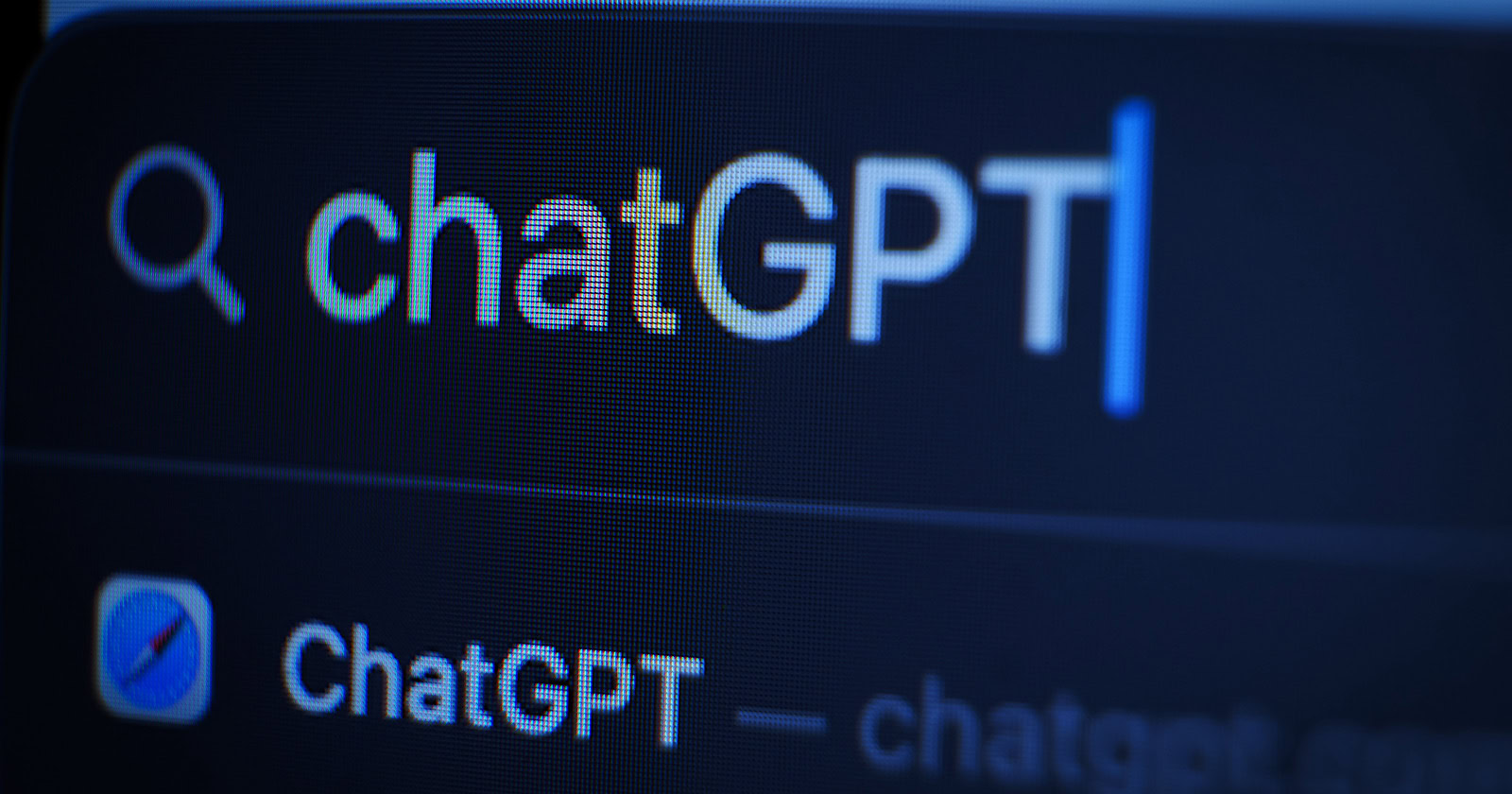
ChatGPT web searches: executive snapshot
- In anonymous sessions, ChatGPT’s use of live web search fell from over 15% of answers to under 2.5% within about two weeks, based on SISTRIX’s daily spot-checks.
- SISTRIX did not publish sample size, prompt set, or the detection method used to label “web searches” vs model-only answers.
- OpenAI’s release notes mention “improvements to search in ChatGPT” on September 16 without details on providers, triggers, or frequency.
- Microsoft announced the Bing Search APIs were retired on August 11. Google’s removal of the “num=100” parameter reduces results per request to 10, increasing effort for SERP collection, as SISTRIX documented.
Implication for marketers: Expect fewer live-web citations and outbound links in answers for logged-out users until further data indicates otherwise.
SISTRIX methodology and source notes
What was measured: SISTRIX analyzed responses to a variety of prompts and tracked the share of ChatGPT outputs that invoked a live web lookup, focusing on use without an account. The firm observed a decline from above 15% to below 2.5% over the two weeks prior to publication. How: daily spot-checks across numerous ChatGPT responses. SISTRIX did not provide sample size, exact prompts, criteria for detecting “web search,” or confidence intervals. Related context: SISTRIX notes ChatGPT has traditionally relied on Bing for web lookups but does not link any backend switch to the measured change. OpenAI lists unspecified “improvements to search” on September 16. Additional ecosystem changes include Microsoft’s Bing Search API retirement and Google’s removal of the “num=100” results parameter.
Key limitations: No published sampling frame or reproducible method, observation limited to anonymous sessions, no confirmation from OpenAI on live lookup frequency by user tier, and a short time window that may reflect transient behavior.
Findings: what changed and what remains unknown
Drop in web lookups for anonymous ChatGPT users
- Magnitude and speed: the share of answers invoking web search fell from over 15% to under 2.5% in about two weeks.
- Scope: applies to anonymous (not logged-in) usage of the ChatGPT app; Plus and Enterprise behavior was not measured.
- Method transparency: SISTRIX did not disclose prompt mix, sample counts, or the detection signal for a “web search,” limiting reproducibility and error estimation.
- Backend sourcing: SISTRIX notes Bing has “traditionally” powered lookups but does not assert any provider change during the window.
Ecosystem context that may affect measurement or interpretation
- Microsoft Bing Search APIs: Microsoft announced retirement on August 11. This is ecosystem context, not evidence of a change inside ChatGPT.
- Google SERP access shape: SISTRIX documented removal of the “num=100” parameter, reducing results per request and raising the effort to collect SERPs at scale.
- OpenAI product notes: OpenAI’s release notes list search improvements on September 16 without stating providers, triggers, or frequency, so any relationship to the observed change is unconfirmed.
Marketing implications for content and PPC
- Likely: For logged-out users, fewer live lookups mean fewer in-answer citations and outbound links to recent sources, reducing near-term referral opportunities to publisher sites for time-sensitive topics.
- Likely: Anonymous-session answers will rely more on the model’s internal knowledge, so content published after the model’s training cutoff may surface less often unless a lookup is triggered.
- Tentative: If login status gates lookup behavior, Plus and Enterprise sessions could retain higher lookup rates, but SISTRIX did not measure these tiers.
- Tentative: Reduced live lookups in free sessions may nudge some fresh-information intent back to web search engines where timely results and ads are present, modestly supporting discoverability via search ads and organic listings.
- Speculative: If OpenAI’s September “search improvements” altered trigger thresholds, the net effect on citation frequency and outbound traffic will depend on provider policies and routing that remain undisclosed.
Contradictions and gaps
- Measurement opacity: No sample size, prompts, or detection criteria published by SISTRIX; third-party replication is not possible from the blog post alone.
- Limited scope: Observation is confined to anonymous sessions over about two weeks; it does not establish a long-term trend or cover logged-in, Plus, or Enterprise accounts.
- No causal attribution: Microsoft’s API retirement, Google’s SERP parameter change, and OpenAI’s note are contemporaneous context, not causation.
- Provider silence: OpenAI has not disclosed live lookup rates, triggers, or provider mix by user tier, constraining channel planning.
- External data needed: Independent replication with published methods and a longer time series would clarify whether this was a transient dip, cohort-specific policy, or durable shift.

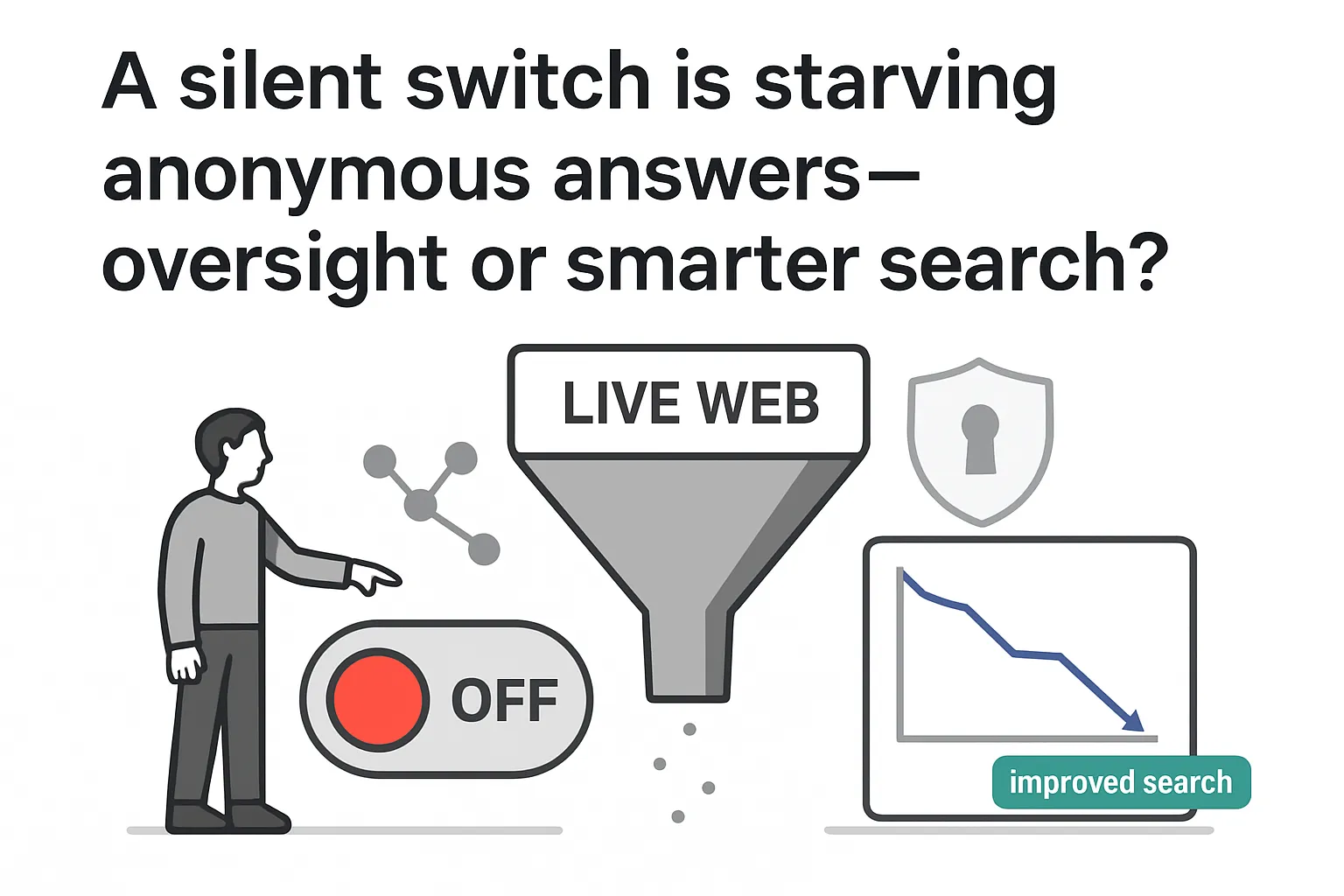


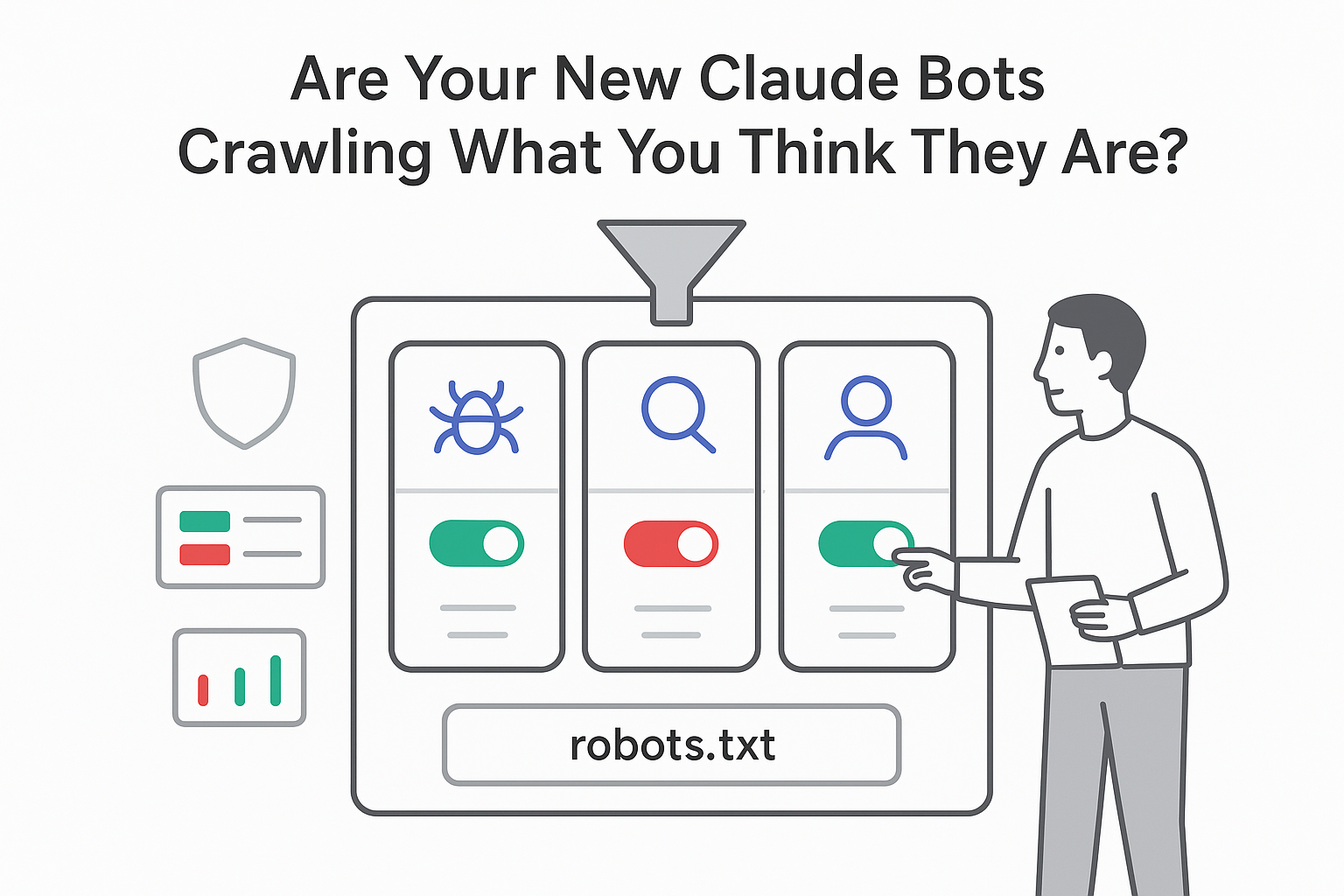
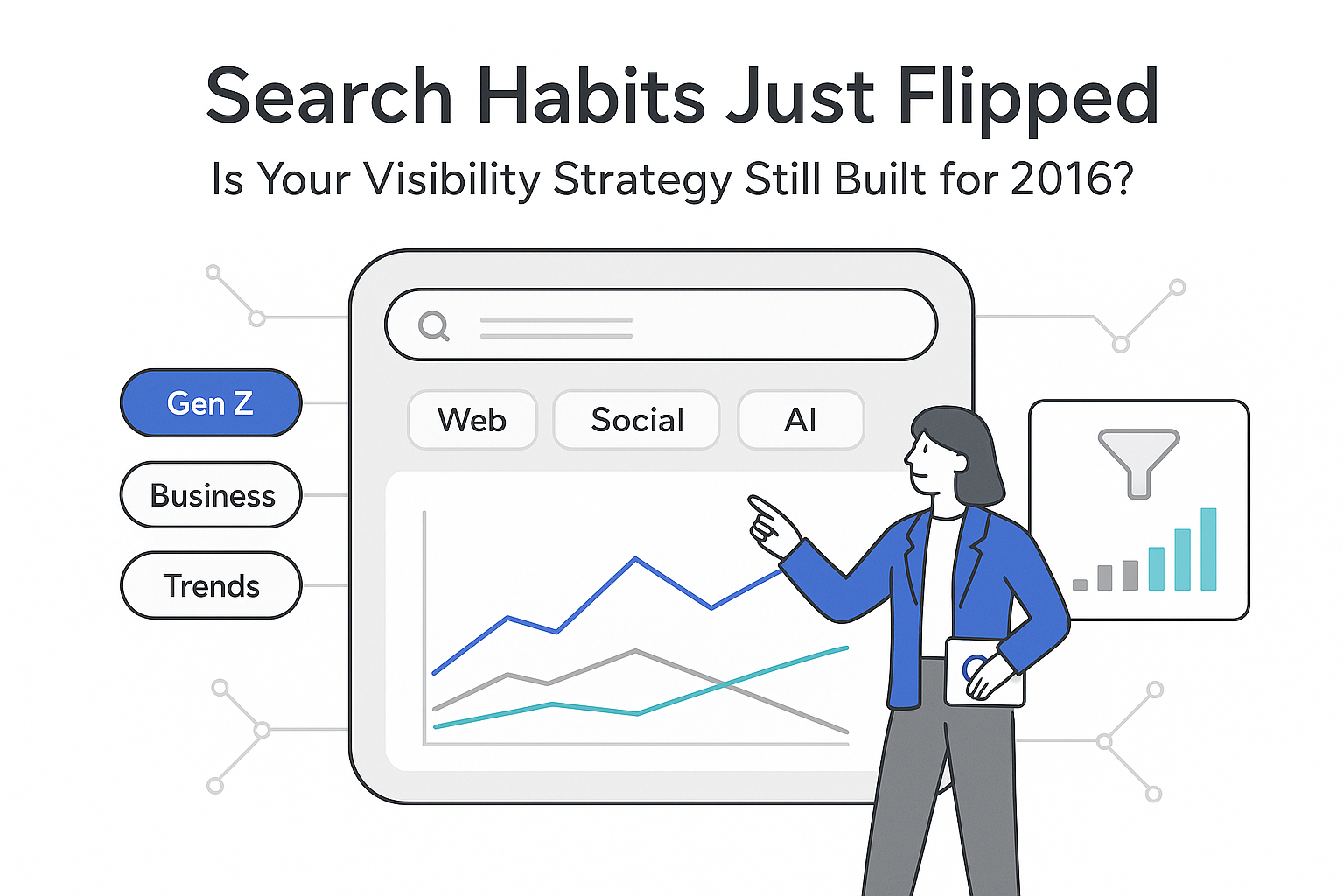
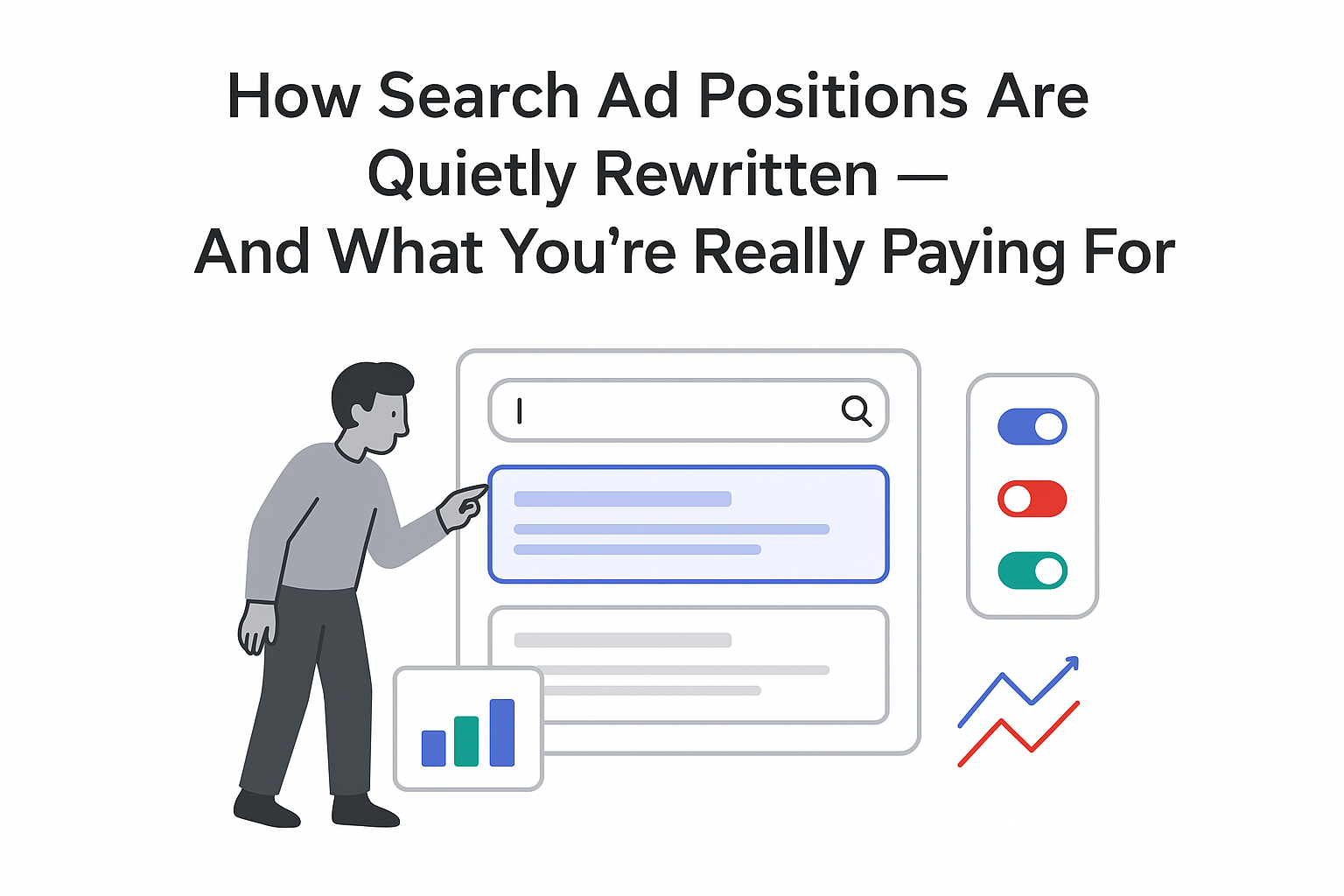
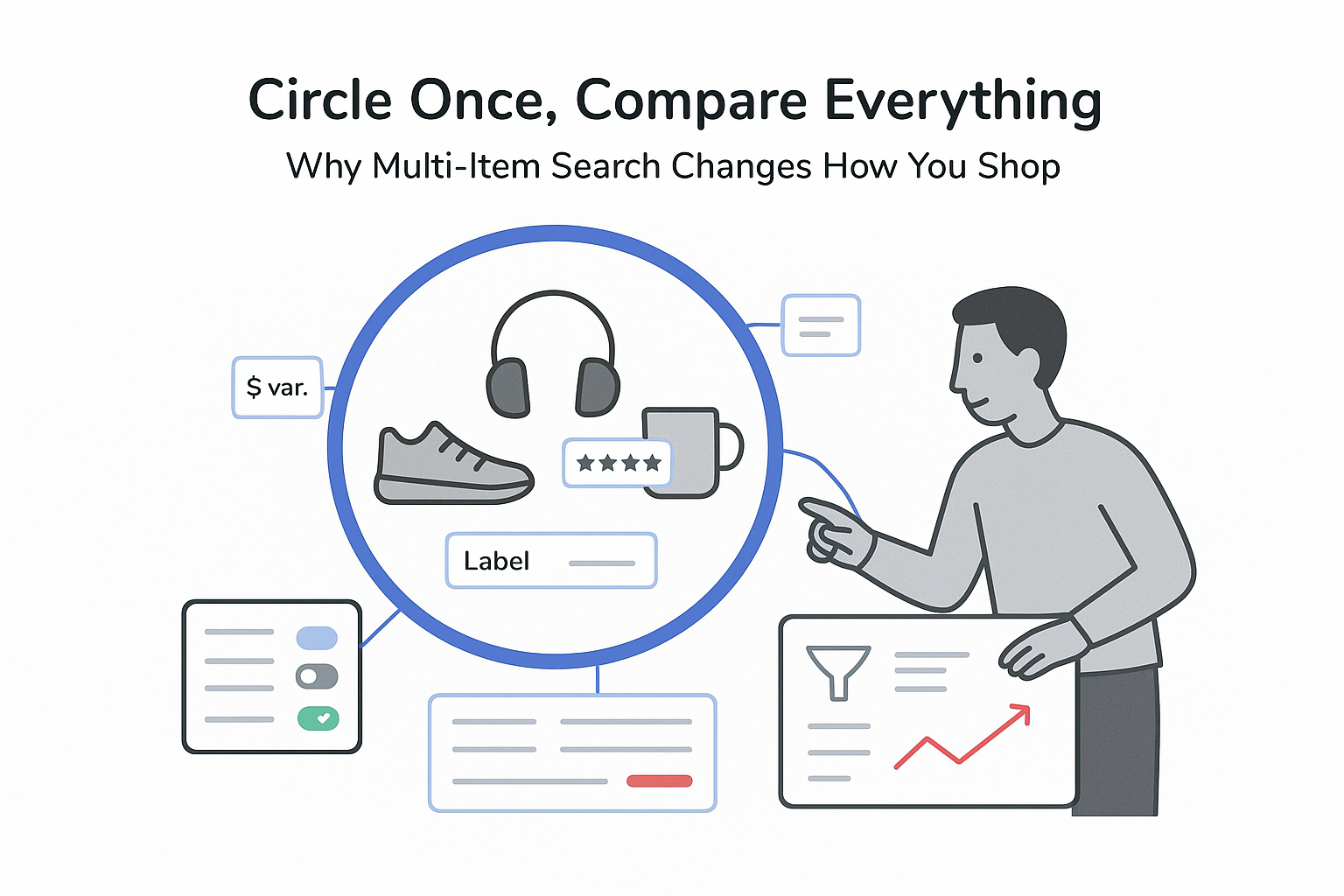
.svg)